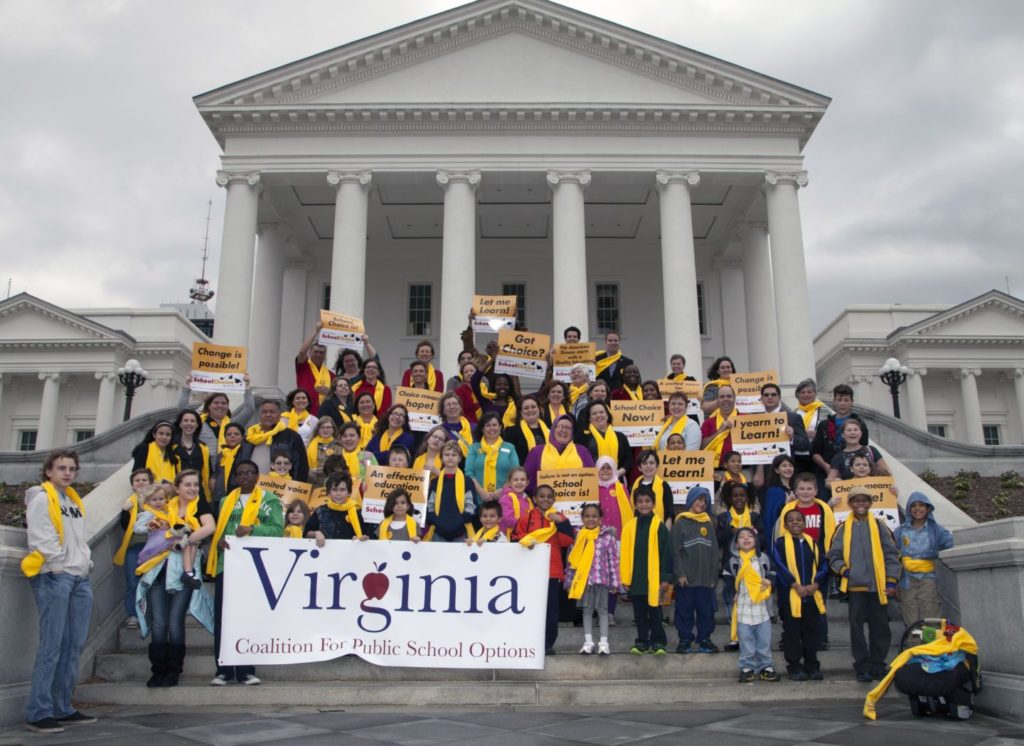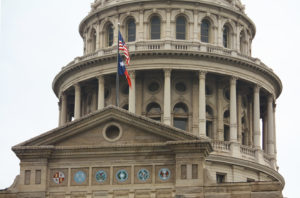Several school choice bills pre-filed in Virginia legislature
(The Center Square) – Proposed education bills having to do with “parental choice” and “parental rights” could spark debate among lawmakers after the Virginia General Assembly convenes the…

(The Center Square) – Proposed education bills having to do with “parental choice” and “parental rights” could spark debate among lawmakers after the Virginia General Assembly convenes the 2023 legislative session next week.
Several education bills have been pre-filed ahead of Wednesday’s session start in Richmond.
HB 1508, introduced Wednesday, proposes the creation of a “Virginia Education Success Account” that parents can use toward education expenses, including tuition expenses for a private school, tutoring services and required textbooks at a non-public school. The bill proposes using some of the state education funding allocated to each student and depositing those funds into the savings accounts.
Sponsor, Del. Glenn Davis, R-Virginia Beach, said in a statement his bill “allows parents to choose the educational experience best suited for their child.”
“Too many students are trapped in schools that are failing them, especially in our historically Black communities.” Davis said. “All children should have access to the resources necessary to reach their full potential and it starts with a strong educational foundation.”
HB 1508 is similar to two other pre-filed measures, SB 823 and HB 1371, which aim to establish Education Savings Accounts that can be used by parents to pay for educational expenses outside of public school. The funds in the accounts could be used to pay for tuition expenses at a private school, school uniforms and instructional materials.
Parental choice and parent involvement in education emerged as a key topic in Gov. Glenn Youngkin’s gubernatorial campaign and has remained a prominent issue during his administration. One of his first actions as governor was the signing of an executive order giving parents the option to opt-out of mask mandates at public and private schools – an action Youngkin characterized as “stand[ing] up for parents.”
HB 1508 received support from Lt. Gov. Winsome Earle-Sears, who said in a statement the recent National Assessment of Education Progress scores “confirm that many of our children are not learning the basics of math and reading.” The NAEP scores, also known as the “Nation’s Report Card,” revealed fourth grade reading scores in Virginia fell by 10 points and math scores dropped by 11 points since the previous assessment in 2019.
“We need to empower parents to make choices on their child’s education regardless of zip code. Our children don’t get do-overs,” Earle-Sears said.
Other pre-filed education include HB 1379 and SB 832, which propose providing parents greater access to the materials students have access to at school.
Specifically, SB 382 would give parents the right to access a list of all audiovisual instructional material, participate in a textbook review process, receive notice and give informed consent to any counseling or guidance programs offered to their child and access their child’s education records.
HB 1379, on the other hand, would require schools to maintain an electronic catalog of all printed and audiovisual materials in the school library and identify any items that contain “graphic sexual content.” Under the bill, parents would have the right to “restrict his child’s access to any item in such catalog that is identified as containing graphic sexual content.”
The author of HB 1379, Del. Tim Anderson, R-Virginia Beach, filed a lawsuit last year attempting to stop Barnes and Noble from selling books he claimed contained “obscene” content to children. A Virginia Beach Circuit Court judge dismissed the lawsuit in August.
Other pre-filed education proposals include bills allowing parents to elect for their child not to receive vaccines required by the State Board of Health without a medical or religious exemption and others banning schools from changing the name of a student on an education record without a change-of-name order from a court.



